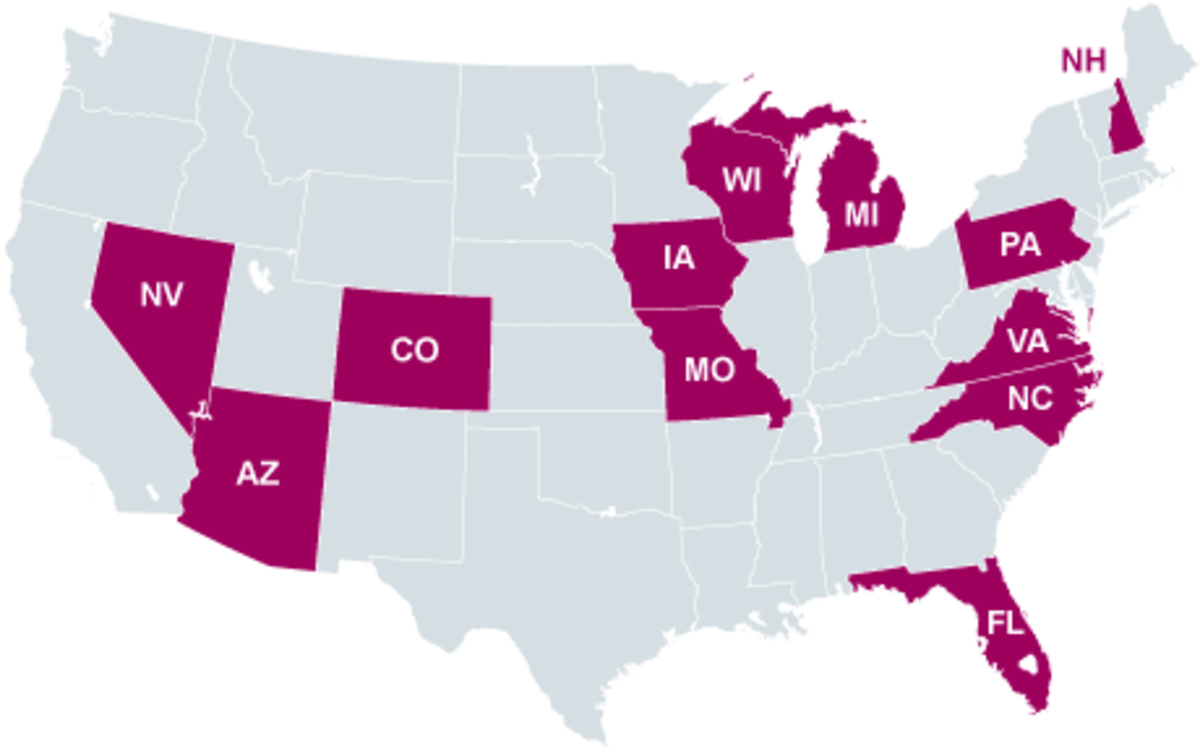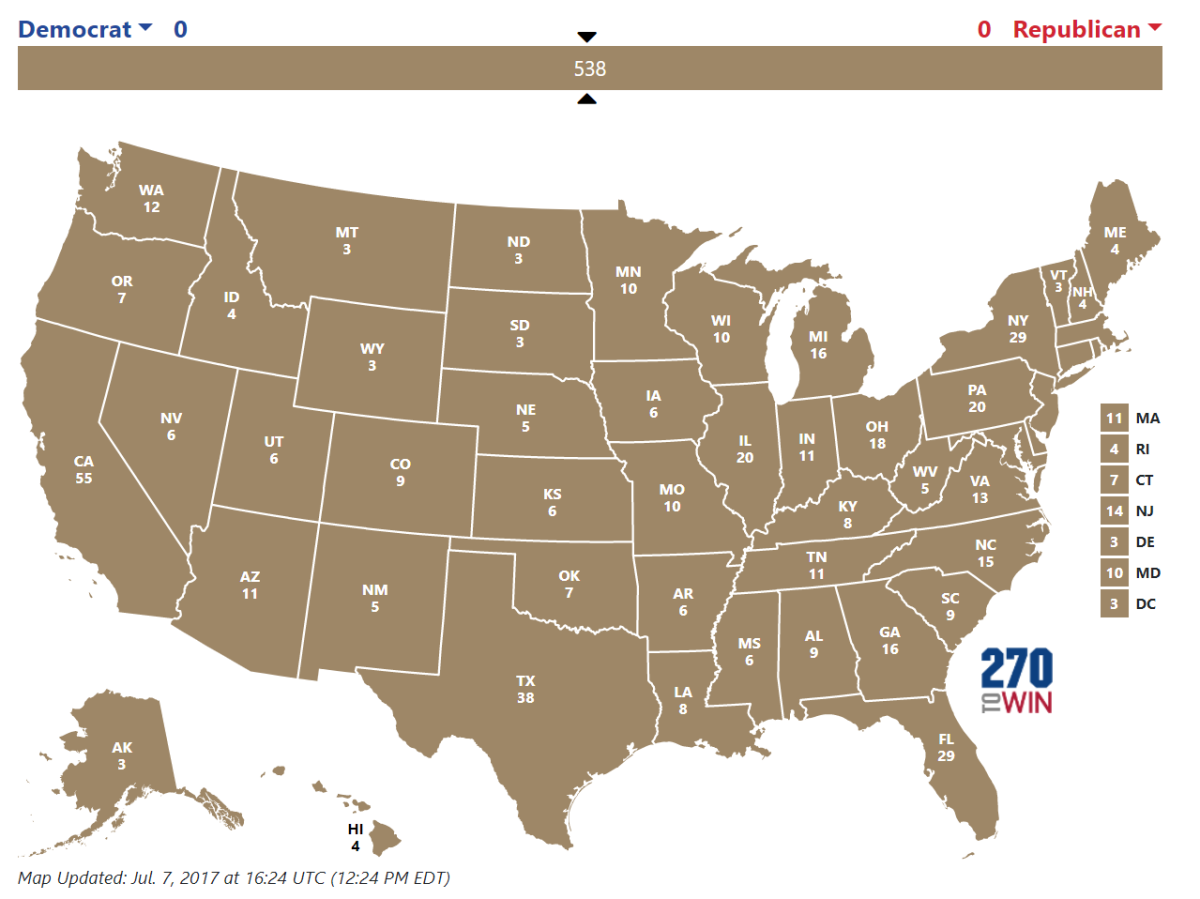Connecting Voter Identification Laws and the Voting Rights Act
The Voting Rights Act and its amendments was a significant piece of legislation passed by Congress and signed by the President. There has been much discussion and lawsuits surrounding any requirement to provide proof of identification when an individual wants to cast their vote in an election. The principle of this requirement is twofold. One is to insure the person voting is who they say they are and the second is to ensure that they are at the right polling place to cast their vote.
I agree with the principle of ensuring that any individual who is a citizen should not be impaired or restricted to cast their votes at election time. The key word here is citizen. No individual who is not a citizen has the right to vote and should not be allowed to do so. Requiring proof of identification through voter id laws is supporting the voting rights law not in violation of it. There are two amendments to the Constitution which relate to the right to vote which the Voting Rights Act references. Below are the content of the 14th and 15th amendments.
14th amendment
All persons born or naturalized in the United States, and subject to the jurisdiction thereof, are citizens of the United States and of the State wherein they reside. No State shall make or enforce any law which shall abridge the privileges or immunities of citizens of the United States; nor shall any State deprive any person of life, liberty, or property, without due process of law; nor deny to any person within its jurisdiction the equal protection of the laws.
Amendment 15
SECTION. 1. The right of citizens of the United States to vote shall not be denied or abridged by the United States or by any State on account of race, color, or previous condition of servitude.
SECTION. 2. The Congress shall have the power to enforce this article by appropriate legislation.
Section 2 and 4 of the Voting Rights Act specifically identifies the right of any citizen of the United States to cast their votes. Below is the language in this act which identifies the right of citizens to cast votes come election time.
Section 2 of the voting rights act states: voting qualification or prerequisite to
Voting, or standard, practice, or procedure shall be imposed or applied by any
State or political subdivision to deny or abridge the right of any citizen of the
United States to vote on account of race or color.
Section 4.a states: To assure the right of citizens of the United States to vote is not denied or abridged on account of race or color, no citizen shall be denied the right to vote in any Federal, State or local election because of his failure to comply with any test or device in any State with respect to which the determinations have been made under subsection (b)
While it is important to ensure the rights of individuals are not violated according to the Constitution the lawsuits surrounding voter id laws and the decisions within the judicial system have not been consistent. In some cases Supreme Court decisions have upheld some state voting id requirements and should send a signal to the federal government to reexamine lawsuits currently on the books or being anticipated to be filed. The objective of voter id laws is in direct support of the Constitution and the Voting Rights Act. The requirement clearly identified refers to citizens of the United States. With this distinction it is imperative to ensure the integrity of any election that non-citizens be prevented from voting. Voter id laws are an effort to ensure this is the case and that the results are reliable.
It is hoped the federal government will come to realize the objective of these laws is not to restrict individual ethnic groups from voting but to ensure the integrity of the election. Proof of identification is different in different states but from what they appear is no less stringent than those in place within the federal government policies. One example is the issuance of a Social Security Card. One of the requirements to get a Social Security card is a birth certificate. If a birth certificate does not exist which may be applicable to some individual’s religious records before the age of 5 showing your date of birth, a hospital record of your birth or a u.s. passport. With this requirement in place for the federal government why is it wrong for states to require proof of identification for voting process which is a critical political process.








